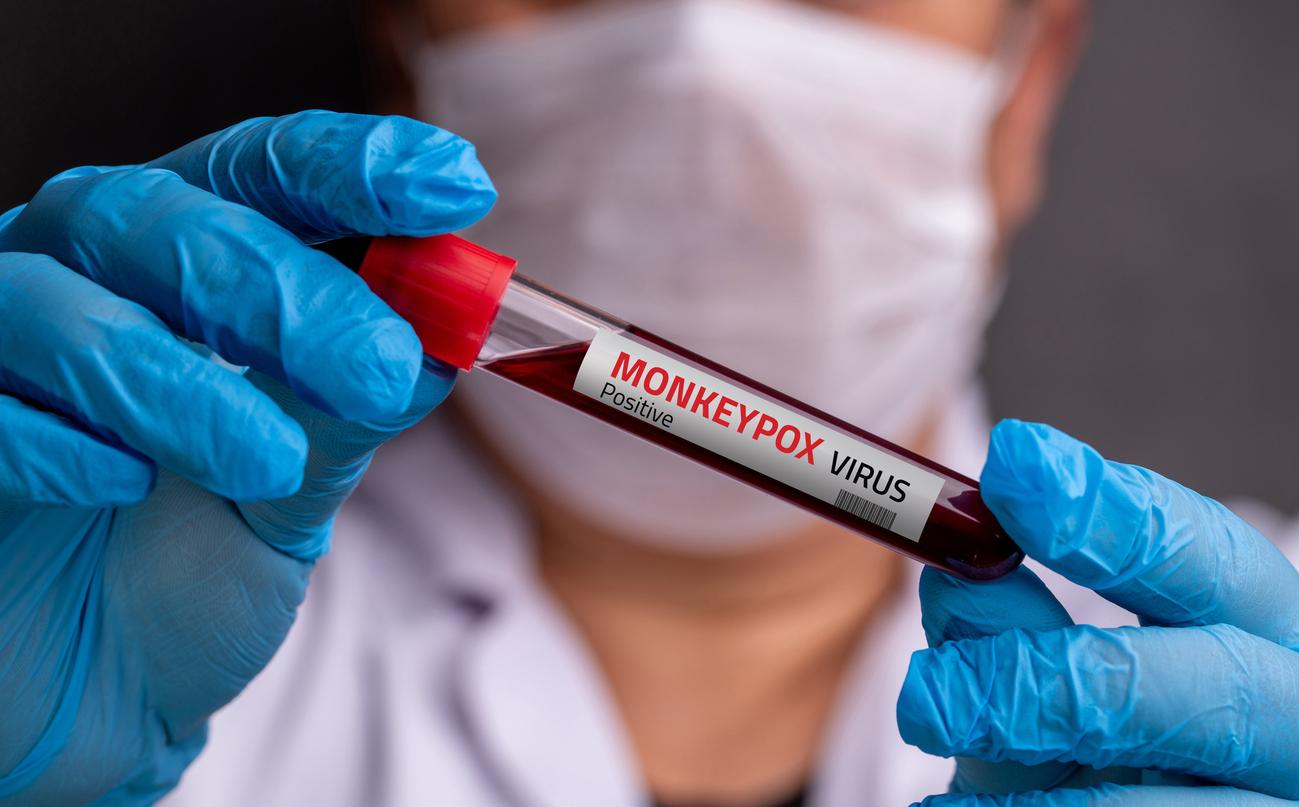For 2.8 million years, Man has continued to evolve. And so does its deoxyribonucleic acid (DNA). In our genome – that is to say all the genetic material encoded in our DNA – there are thus traces of viruses that infected our distant ancestors. And according to a recent study from the universities of Oxford (United States) and Athens (Greece), one of these ancient viruses integrated into our genes would play a role in drug addiction.
Old viruses at the level of genes
To understand how, we must first go back to these old viruses. These infectious agents that infected our ancestors are called human endogenous retroviruses (HERVs). They integrated into a germ cell, such as a sperm or egg, so their DNA was passed down to offspring as a normal gene. Thus, 8% of human DNA would be composed of retroviral sequences.
HK2 viruses, for example, are now part of our genome. But there are many forms of it, so not all humans have the same. One of these viruses has the particularity of being at the level of a gene, RASGRF2, involved in the regulation of dopamine levels – this “pleasure molecule” associated with addictions. Indeed, this neurotransmitter plays a role in addictive behavior when it is generated in large quantities, following drug consumption in particular.
Remnants of the HK2 retrovirus in drug addicts
Back to our study, published in the scientific journal PNAS. The researchers studied people who used drugs in Greece and Scotland. After genetic testing of the participants, scientists found that drug users were two to three times more likely to have remnants of the HK2 retrovirus. Normally 5-10% of the general population has an insertion of this virus in the RASGRF2 gene. The number rises to 34% of drug users tested in Glasgow, and 14% of Greek patients.
Clearly, the insertion of the HK2 retrovirus at this precise location of the DNA in some people could predispose them to drug addiction. This would constitute proof of a physical cause of the addiction. However, the infectious agent cannot be held solely responsible, because not all drug addicts tested possessed it.
Even more, this investigation shows that retroviruses are not harmless. They could be the cause of different forms of cancer, degeneration of the central nervous system or even immunodeficiencies, such as AIDS.
Dr Magiorkinis, director of the new study, adds: “Most people think these old viruses are harmless. Occasionally, individuals have shown overexpression of HK2 in cancer, but it has been difficult to distinguish the cause from the effect. In 2012, following a 20-year controversy regarding their pathogenic role in humans, we sought to test the hypothesis that HERVs may be responsible for human disease. Our proposal was supported by the Medical Research Council, and we now have strong evidence that HERVs can be pathogenic. ” Of previous research had already established a link between these HERVs and autoimmune diseases.
Read also :
AIDS: what if, like the koala, we integrate the virus into our DNA?
















